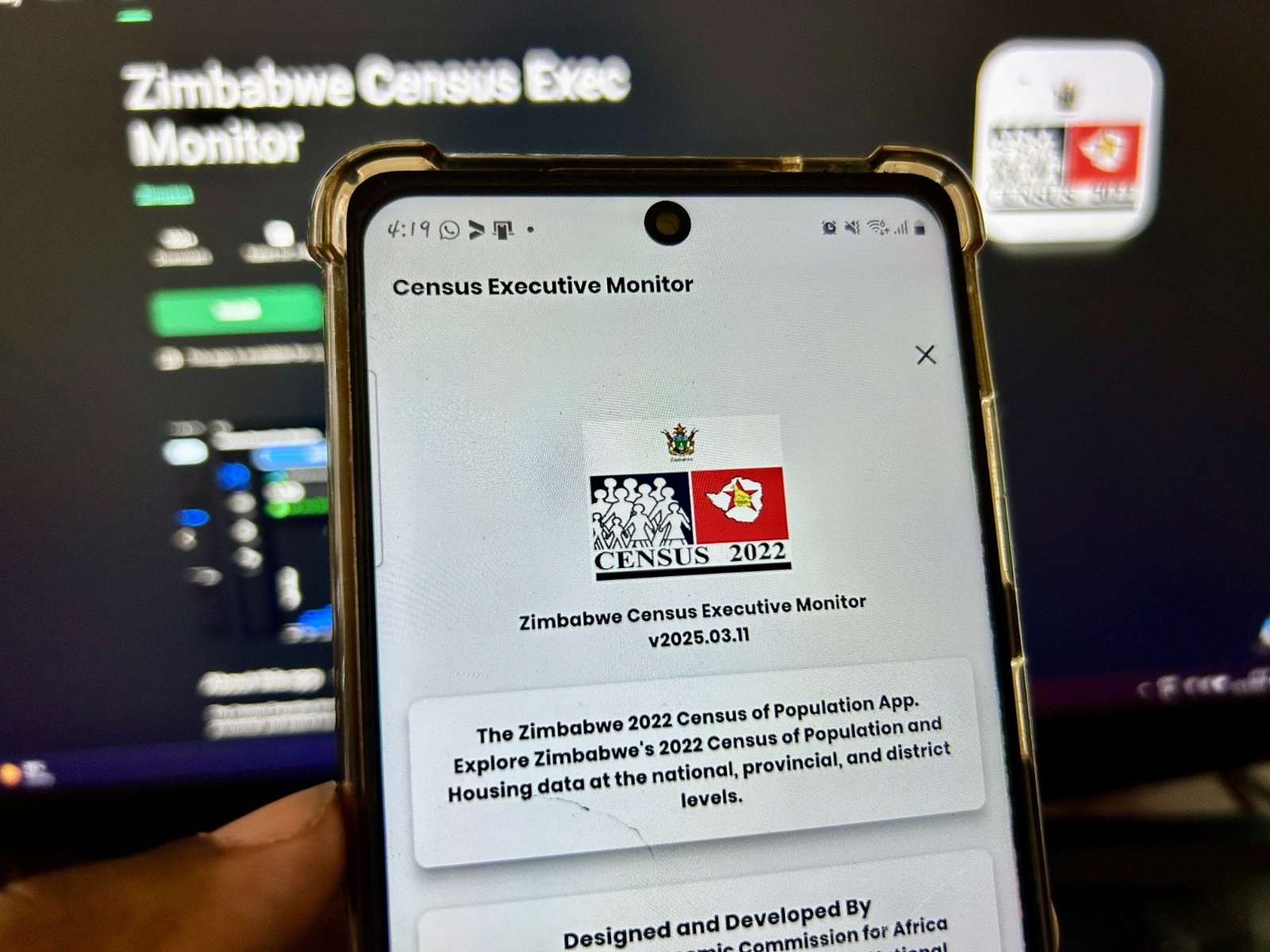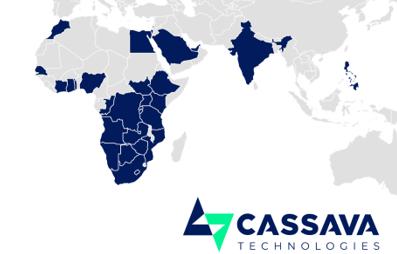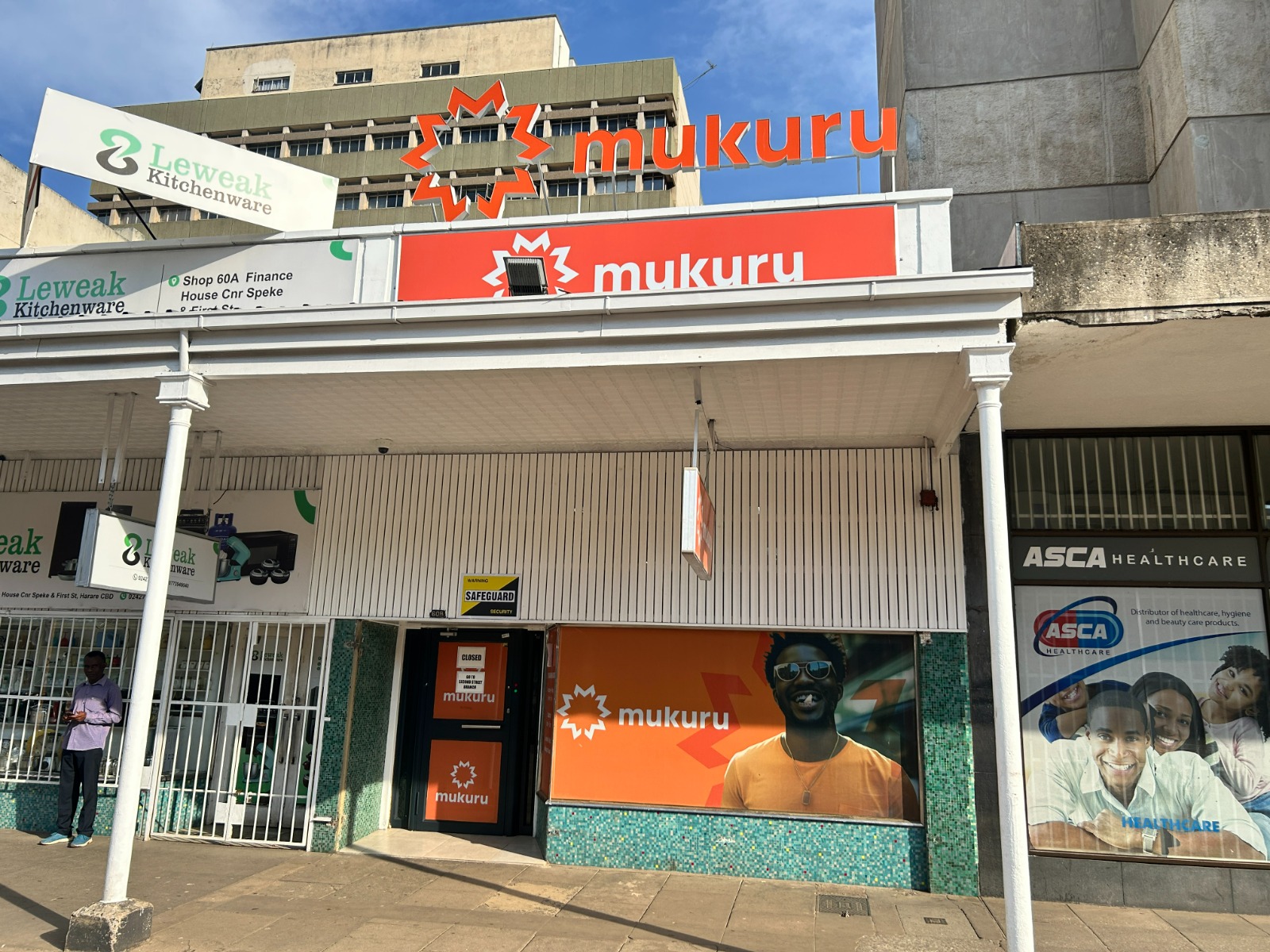Famous company builder, Rocket Internet, has found its way into the Zimbabwean web space with the introduction of a local real estate listing website www.zw.Lamudi.com. This is essentially a Zimbabwean setup for the Lamudi real estate service which is already offered in more than 20 emerging market countries.
Rocket Internet as you may already know is backed now by the giant mobile operators MTN and Millicom, who each own a third of a new company that’s rolling out these properties across Africa, Africa Internet Holdings. These two companies will be key in the growth hack that will get Rocket Internet’s African (and Middle East) properties in hands of African consumers on mobile devices.
The local Lamudi site maintains the style used for the other countries’ sites. Their claim to be “Zimbabwe’s best Real Estate Market Place” though is obviously not true. The local market already has the strong presence of Webdev’s classifieds.co.zw and property.co.zw, and not forgetting Naspers’ recent entry with their Property24.co.zw.
A quick look at the Zim Lamudi will show you it was done in a hurry and that there’s no real physical operation on the ground. On the homepage for example there’s “We offer properties in Harare, Ndola, Kitwe and all around Zimbabwe.” Anyone with remote information about the cities in Zimbabwe would know Ndola and Kitwe don’t belong here. They belong next door in Zambia. A quick and clumsy copy and paste job of their Zambian copy of the site maybe? There’s more:
If ofcourse Rocket weren’t including the Zimbabwean site on their list of properties they have worldwide, we’d have just dismissed it as pre-launch stuff. But they do. In fact, the local site shows they already have listing deals with Pam Golding, Seeff and Merctrust. The carelessness shows they are either not serious about this market, but indeed still very serious about projecting an image of them being ‘big and everywhere’ with Lamudi, which just feeds the suspicion that as a company builder, Rocket Internet is about image and not a strong product core and user base.
A bit about Rocket Internet
Rocket Internet itself is a German based incubator started by the Samwer brothers. It has a keen focus on e-commerce in emerging markets. They gained strong reputation for building eBay and Groupon clones and later successfully selling these off to the cloned companies. They also have investments in eBay, Groupon, Facebook and Zynga. Rocket now operates in more than 50 countries and has more than 75 companies in its portfolio.
This visibility has been increased by Rocket Internet’s approach to online techpreneurship called the “cloning model,” which involves copying concepts (and usually also the look and fell) from successful – usually American – start-ups and applying these ideas in emerging markets where the original is not focusing yet. These clones are then snapped up by in deals that have paid off handsomely for the founders.
A lot of criticism has been thrown at the Samwer brothers for their brazen copycat entrepreneurship style, and Rocket Internet is often referred as a “clone factory.” Their approach, which is driven by unrelentingly fast execution, use of the best talent and a clear exit strategy is somewhat similar to the “imitation style” that we have come to see from Chinese factories that provide products for an emerging market that is yet to, or failing to adopt the foreign equivalent. Well, except the Chinese are not exit-seeking company builders.
Despite this notoriety, this model of entrepreneurship and execution does have a lot of positive points. On the face of it all, entrepreneurship comes down to addressing a need and solving a problem, which is what these clones effectively achieve.
Furthermore, there’s a void always left by tech giants that do not want to consider investment in smaller emerging markets. If someone can step in with an alternative, surely they deserve to snatch up the market. Perhaps local startups should consider this approach?















Comments
3 responses
How do they monetize their website ? I dont think they is still a market for more property websites
I think there’s lots of space for new and existing startups in properties. Remember internet penetration is still just 40% which means a lot of people still rely on newspapers for property classifieds.
This is a very nice article and gives in-depth information about Real estate websites.Thanks for this nice article, which is a really good to read.